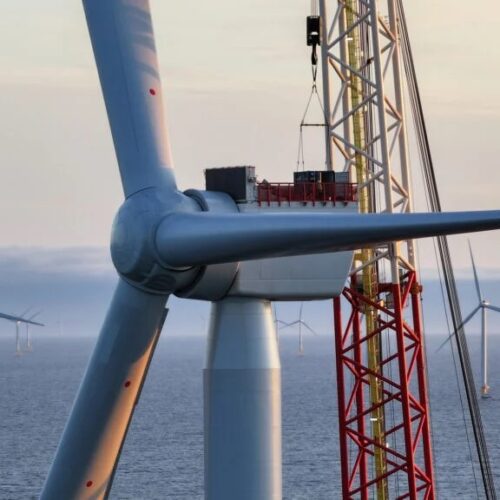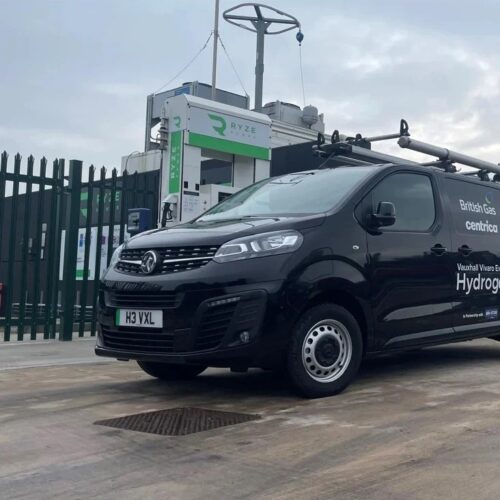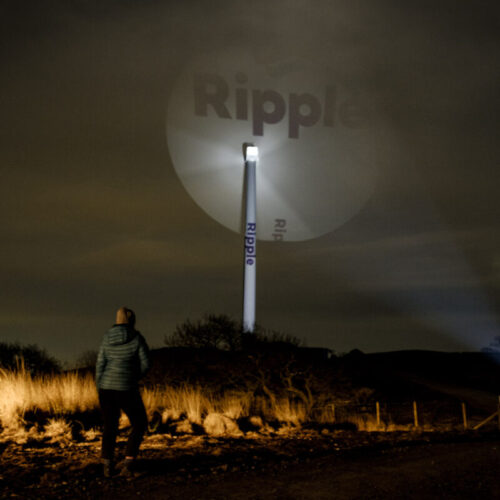The Climate Change Committee (CCC) has launched a report on the decarbonisation pathway for Northern Ireland.
The CCC released Northern Ireland’s Fourth Carbon Budget, and recommends that Northern Ireland targets an emissions reduction of 77% of annual average emissions compared to the 1990 baseline over the five year period between 2038 and 2042.
In 2022, emissions in Northern Ireland were 21.3 MtCO2e, which represents a 26% reduction from the 1990 baseline. As such, Northern Ireland needs to significantly increase the pace of carbon emissions reduction to ensure the nation meets its targets. The CCC notes that emissions reductions so far have primarily come from the energy supply, industry, and waste sectors and adds that action will need to broaden to other sectors to help meet this new carbon budget.
In order to help Northern Ireland meet this carbon budget, the CCC is making 18 priority recommendations for the country. These include expanding EV charging infrastructure across Northern Ireland, in order to address the fact that Northern Ireland currently has the fewest public EV chargepoints per capita of any of the UK nations. According to EV charger mapping service Zapmap, Northern Ireland has only 159 rapid and ultra-rapid chargepoints, less than half of the next lowest UK region.
Furthermore, the CCC is recommending that the nation rapidly transitions to low-carbon electric heat. Most Northern Irish homes are heated by oil boilers, which have significantly high emissions levels.
Data from the Microgeneration Certification Scheme (MCS), which certifies heat pump installers and products, shows that Northern Ireland has some of the lowest uptake of heat pumps in the UK, with only around 1% of homes having heat pumps installed for home heating. The CCC notes that although heat pump uptake will save most consumers money, effort must be made to support homeowners with the upfront costs of heat pump installation.
The CCC also recommends that Northern Ireland introduces a support scheme for renewable generation, building on the British and Irish Contracts for Difference scheme, encourage lower carbon farming practices, and produce a strategy for carbon capture and storage.
The announcement of Northern Ireland’s fourth carbon budget comes just weeks after the CCC released Britain’s seventh carbon budget, covering the same timeframe. The CCC has set this Seventh budget as 532 MtCO2e, including emissions from international aviation and shipping. This target – which represents a three-quarters cut from current emissions levels – has been called “ambitious” by the CCC, especially given that the UK’s total greenhouse gas emissions in 2023 alone were 423.3 MtCO2e.






